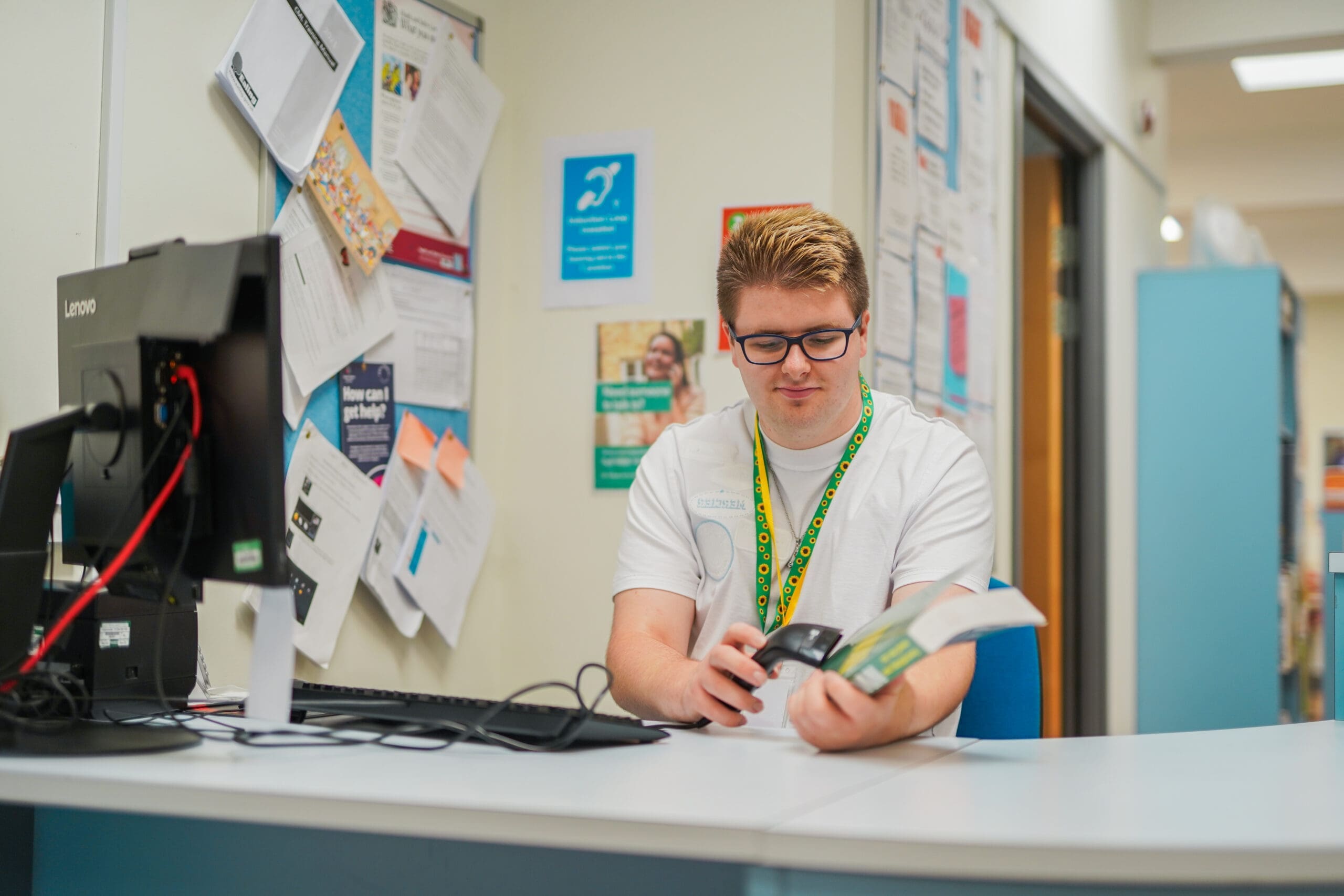Nothing about us without us: The power of employee voices
Katie Coates, our Senior Business Partner Team Lead, explains why employee engagement is crucial to your disability inclusion strategy, and how Business Disability Forum’s consultancy service can help.
Disability inclusion is most effective when it’s shaped by the voices of disabled colleagues. Their insight brings clarity and authenticity to every stage of the journey. That’s why employee engagement is central to the way we at Business Disability Forum support our Members and Partners.
What’s employee engagement?
When we talk about employee engagement, we mean creating meaningful opportunities for colleagues – especially disabled colleagues – to share their lived experience. This might take the form of an anonymous survey, a facilitated focus group or individual listening sessions. What matters most is that the process creates a safe and inclusive space for honest insight.
Why does employee engagement matter?
Because disability inclusion can’t be designed from the outside in, employees must be your first port of call. The people who best understand how it feels to navigate your organisation are the people who do it every day. Colleagues are the experts on what works and what doesn’t.
Employee engagement also allows us to bring together different types of data to tell a fuller story. Quantitative data, such as survey results and pulse checks, show patterns and trends. This might highlight, for example, where confidence in requesting workplace adjustments is low. Qualitative data, gathered through conversations and open text responses, helps explain why those trends exist. It brings emotion and nuance into view. Together, this evidence base is essential for driving informed decisions.
When engagement is missing, there is a real risk of harm. Assumptions fill the space where people’s voices should be. Strategies can become disconnected from the lived reality. Worse still, engagement risks becoming performative – a surface-level gesture that erodes trust rather than building it. By listening to colleagues, we ensure that our work is grounded in real-world insight, and that change happens with people, not to them.
“Using the survey and focus groups together gave us a fuller picture. The data helped us identify trends, but it was the conversations with our disabled colleagues that brought those experiences to life. It helps to further shape how we approach the design or acquisition of our spaces to make them accessible and inclusive.” – Jess Franklin, Senior Diversity, Equity and Inclusion Advisor, Clyde & Co LLP.
What we hear from colleagues during this work is often deeply moving. Some participants have told us it was the first time they’d ever been asked about their experience. We’ve also heard frustration, particularly when people feel that previous attempts to speak up didn’t lead to meaningful change. Engagement creates an opportunity to rebuild that trust (but only if it is followed by action).
Engagement also helps to surface broader cultural themes, because often, what emerges isn’t just about individual adjustments or policies. It’s about how teams communicate, how line managers role model inclusion, and how willing people feel to share details about their disability or seek support.
How Business Disability Forum can help
At Business Disability Forum, we believe employee engagement is not just a tool – it’s a mindset. When organisations start with the question, “What matters to you?” and genuinely listen to the answers, sustainable change becomes possible. And when this engagement is built into consultancy work, it elevates our insight, strengthens our recommendations, and ensures the work we do makes a real and lasting difference.
We know not every organisation is in the same place, so we tailor engagement to meet each Member or Partner where they are. We adapt our delivery to different needs and draw on staff networks and internal champions where appropriate. Whether it’s a starting point or a deep dive, the goal is always the same: to make colleagues feel heard and to support organisations in acting on what they learn.
Every honest conversation is a step toward inclusion that works. If your organisation is ready to listen, we can help you turn voices into vision – and vision into impact.
Find out more about how our consultancy service can support your organisation: https://businessdisabilityforum.org.uk/our-services/consultancy
